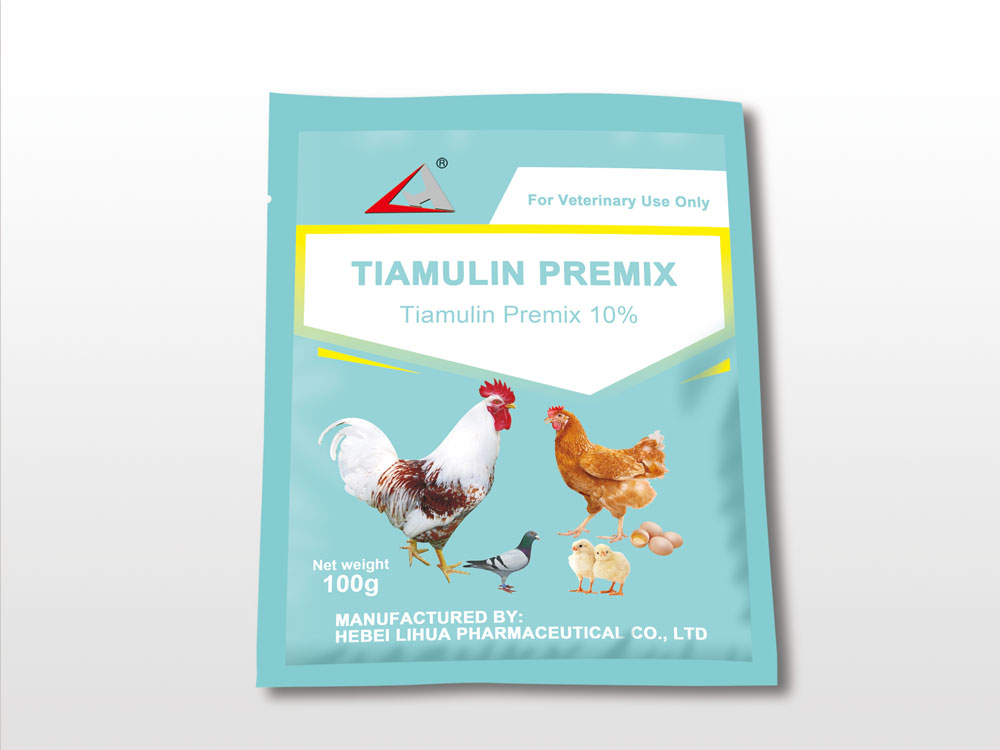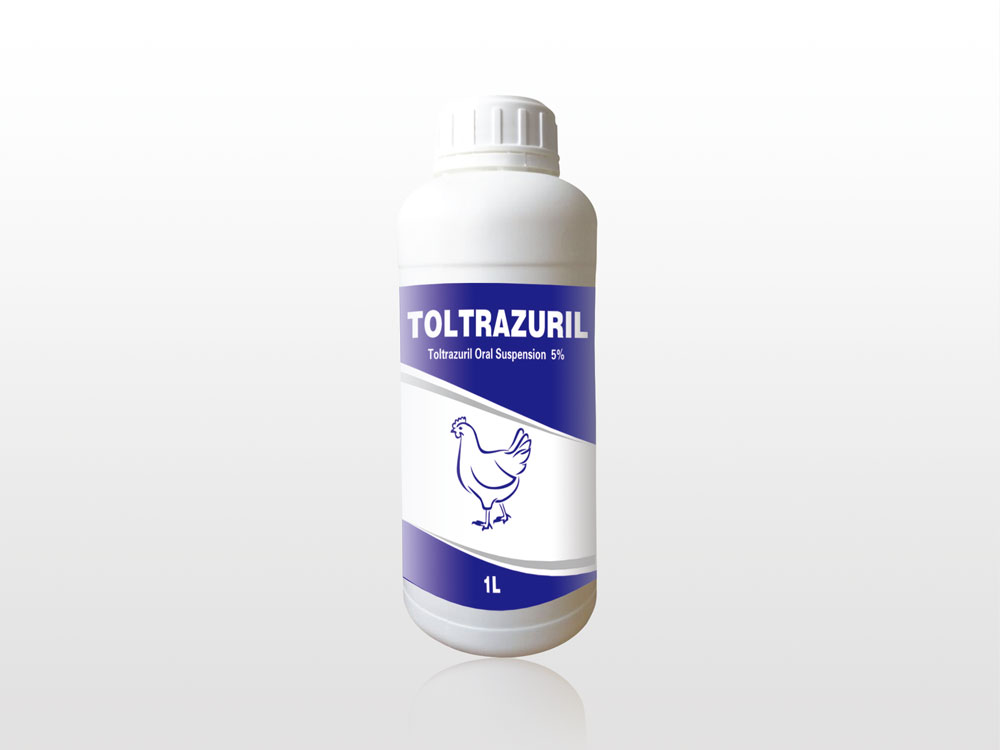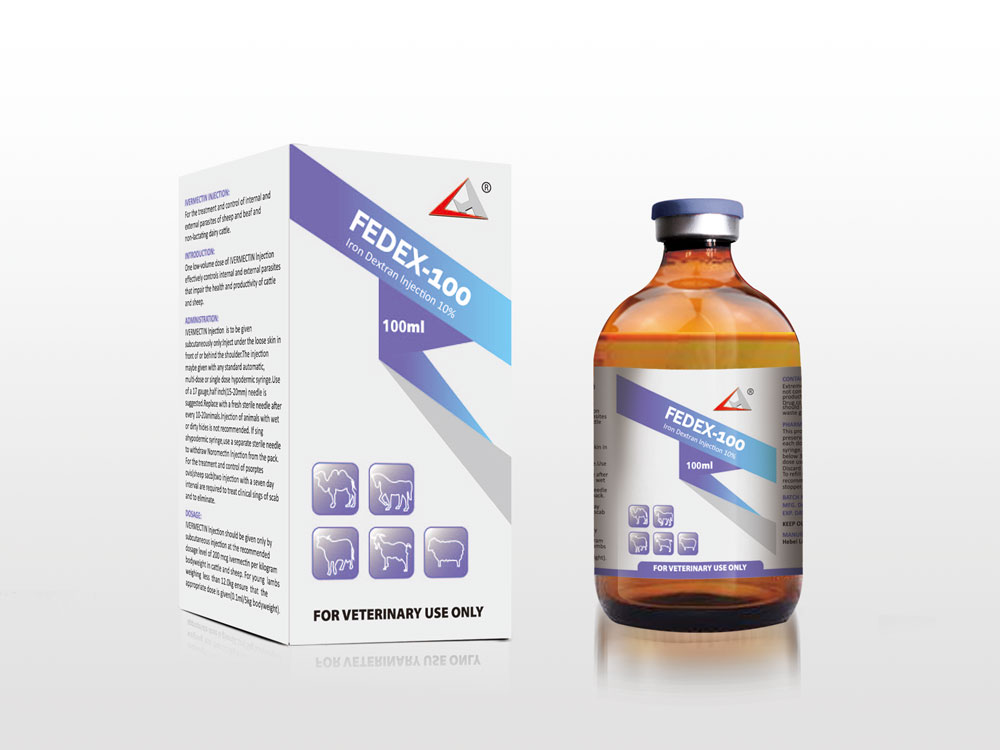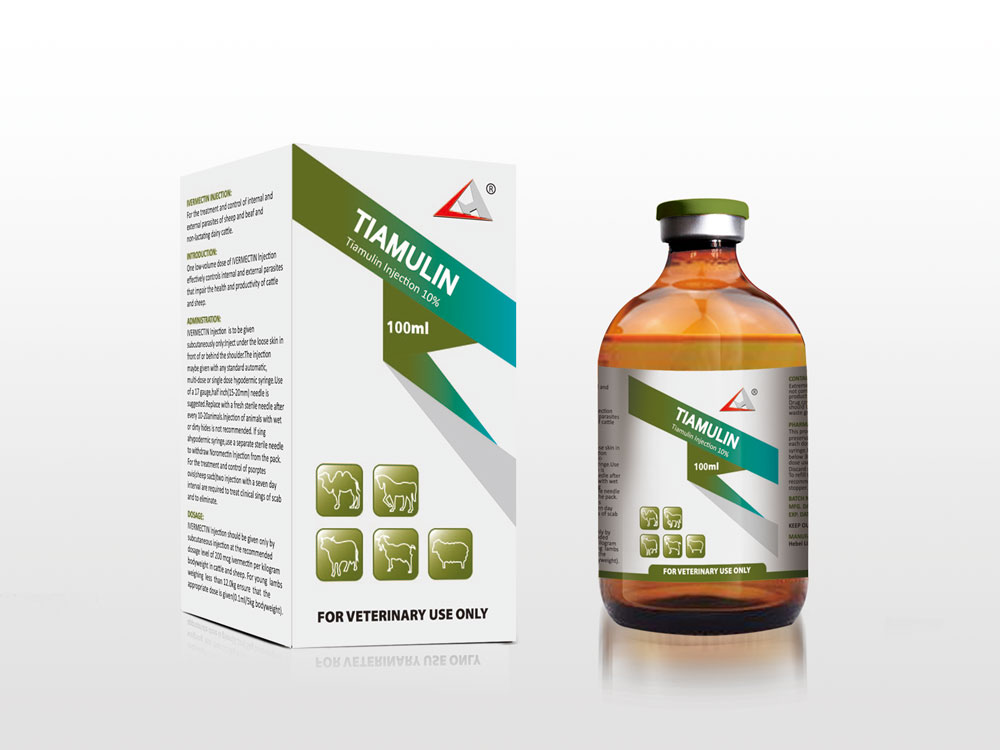OEM Manufacturer Levamisole Hcl - Tilmicosin Oral Solution 10% – Lihua
OEM Manufacturer Levamisole Hcl - Tilmicosin Oral Solution 10% – Lihua Detail:
Tilmicosin is a broad-spectrum semi-synthetic bactericidal macrolide antibiotic synthesized from tylosin. It has an antibacterial spectrum that is predominantly effective against Mycoplasma, Pasteurella and Haemophilus spp. and various Gram-positive organisms such as Corynebacterium spp. It is believed to affect bacterial protein synthesis through binding to 50S ribosomal subunits. Cross-resistance between tilmicosin and other macrolide antibiotics has been observed. Following oral administration, tilmicosin is excreted mainly via the bile into the faeces, with a small proportion being excreted via the urine.
Indications
Macrotyl-250 Oral is indicated for the control and treatment of respiratory infections associated with tilmicosin-susceptible micro-organisms such as Mycoplasma spp. Pasteurella multocida, Actinobacillus pleuropneumoniae, Actinomyces pyogenes and Mannheimia haemolytica in calves, chickens, turkeys and swine.
Contra-Indications
Hypersensitivity or resistance to tilmicosin.
Concurrent administration of other macrolides or lincosamides.
Administration to animals with an active microbial digestion or to equine or caprine species.
Parenteral administration, especially in porcine species.
Administration to poultry producing eggs for human consumption or to animals intended for breeding purposes.
During pregnancy and lactation, use only after a risk/benefit assessment by a veterinarian.
Side Effects
Occasionally, a transient reduction in water or (artificial) milk intake has been observed upon treatment with tilmicosin.
Administration and Dosage
For oral administration.
Calves : Twice daily, 1 ml per 20 kg body weight via (artificial) milk for 3 – 5 days.
Poultry : 300 ml per 1000 litre drinking water (75 ppm) for 3 days.
Swine : 800 ml per 1000 litre drinking water (200 ppm) for 5 days.
Note: Medicated drinking water or (artificial) milk should be prepared fresh every 24 h. To ensure a correct dosage, the concentration of the product should be adjusted to the actual fluid intake.
Withdrawal Time
- For meat:
Calves : 42 days.
Broilers : 12 days.
Turkeys : 19 days.
Swine : 14 days.
For Veterinary UseOnly , Keep out of reach of children
Product detail pictures:
Related Product Guide:
We believe in: Innovation is our soul and spirit. Quality is our life. Customer need is our God for OEM Manufacturer Levamisole Hcl - Tilmicosin Oral Solution 10% – Lihua , The product will supply to all over the world, such as: India, San Francisco, Puerto Rico, We always adhere to follow the honesty, mutual benefit, common development, after years of development and the tireless efforts of all staff, now has perfect export system, diversified logistics solutions, thorough meet customer shipping, air transport, international express and logistics services. Elaborate one-stop sourcing platform for our customers!
Cooperate with you every time is very successful, very happy. Hope that we can have more cooperation!
You may also be interested








